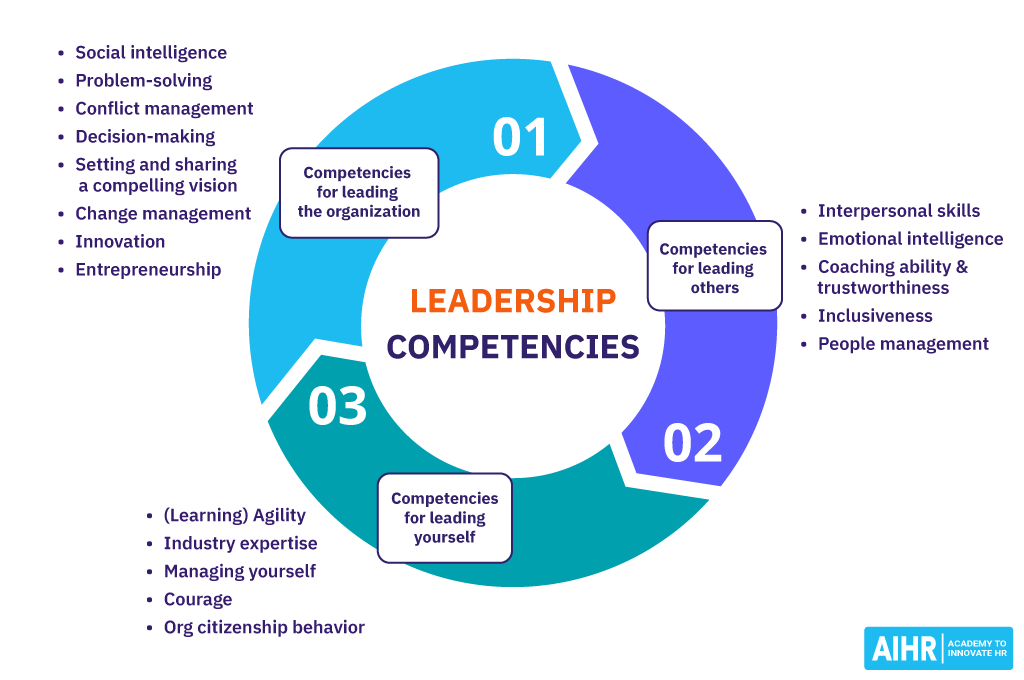Best Practices for Securing Your E-Commerce Website | Essential E-Commerce Security Tips
Securing your e-commerce website is paramount. With the increasing number of online transactions, ensuring robust e-commerce security is essential to protect both your business and your customers. Leveraging digital product development services can significantly enhance your website’s security, providing tailored solutions to safeguard your online store.
Understanding E-Commerce Security
E-commerce security refers to the measures taken to protect online transactions, user data, and the website itself from cyber threats. It’s crucial for maintaining customer trust and ensuring smooth business operations.
Common Threats in E-Commerce
E-commerce platforms face various threats, including:
- Phishing Attacks: Fraudulent attempts to obtain sensitive information.
- Malware and Ransomware: Malicious software that can disrupt operations or lock data.
- SQL Injection: Attacks that target databases through website input fields.
- DDoS Attacks: Overwhelming the website with traffic to cause downtime.
Best Practices for Securing Your E-Commerce Website
Implementing SSL Certificates
Secure Socket Layer (SSL) certificates encrypt data transferred between the user’s browser and your server. This encryption prevents hackers from intercepting sensitive information, such as credit card details.
Regular Security Audits
Conducting regular security audits helps identify and address vulnerabilities. These audits should include penetration testing, code reviews, and vulnerability assessments to ensure comprehensive security coverage.
Strong Password Policies
Enforcing strong password policies is vital. Encourage users to create complex passwords and implement account lockout mechanisms after multiple failed login attempts.
Two-Factor Authentication (2FA)
Two-factor authentication adds an extra layer of security by requiring users to provide two forms of identification. This reduces the risk of unauthorized access.
Secure Payment Gateways
Utilize secure payment gateways that comply with PCI DSS (Payment Card Industry Data Security Standard) requirements. This ensures the safe processing of credit card transactions.
Data Encryption
Encrypt sensitive data both in transit and at rest. This makes it difficult for unauthorized parties to access the data even if they manage to intercept it.
Keeping Software Up-to-Date
Regularly update your e-commerce platform, plugins, and server software. Security patches and updates fix vulnerabilities that could be exploited by hackers.
Monitoring and Logging
Implement monitoring and logging systems to detect and respond to security incidents in real-time. Analyzing logs can help identify patterns and prevent future attacks.
Leveraging Digital Product Development Services for Security
Custom Security Solutions
Digital product development services can create custom security solutions tailored to your specific needs. This ensures comprehensive protection against unique threats.
Integration with Security Tools
These services can integrate your e-commerce platform with advanced security tools, such as firewalls, intrusion detection systems, and anti-malware software, enhancing overall security.
Continuous Security Improvement
Digital product development services can provide ongoing security assessments and improvements, ensuring your e-commerce website remains secure as new threats emerge.
Case Studies: Successful E-Commerce Security Implementations
Case Study 1
An online retail store implemented SSL certificates, regular security audits, and strong password policies, resulting in a significant reduction in security breaches and an increase in customer trust.
Case Study 2
A digital marketplace utilized digital product development services to integrate advanced security tools and implement two-factor authentication, enhancing overall security and reducing fraudulent activities.
Conclusion
Securing your e-commerce website is essential for protecting your business and customers. By implementing best practices and leveraging digital product development services, you can ensure robust e-commerce security, providing a safe and trustworthy online shopping experience.
FAQs
1. What are the most common security threats in e-commerce?
Common threats include phishing attacks, malware, ransomware, SQL injection, and DDoS attacks.
2. How often should I perform security audits?
It’s recommended to perform security audits at least quarterly, with more frequent audits for high-traffic sites.
3. What is the role of SSL certificates in e-commerce security?
SSL certificates encrypt data between the user’s browser and your server, protecting sensitive information from being intercepted.
4. How can digital product development services enhance security?
These services offer custom security solutions, integration with advanced security tools, and continuous security improvements to protect against evolving threats.
5. What should I look for in a secure payment gateway?
Choose payment gateways that comply with PCI DSS standards, offer fraud detection tools, and have a strong reputation for security.




